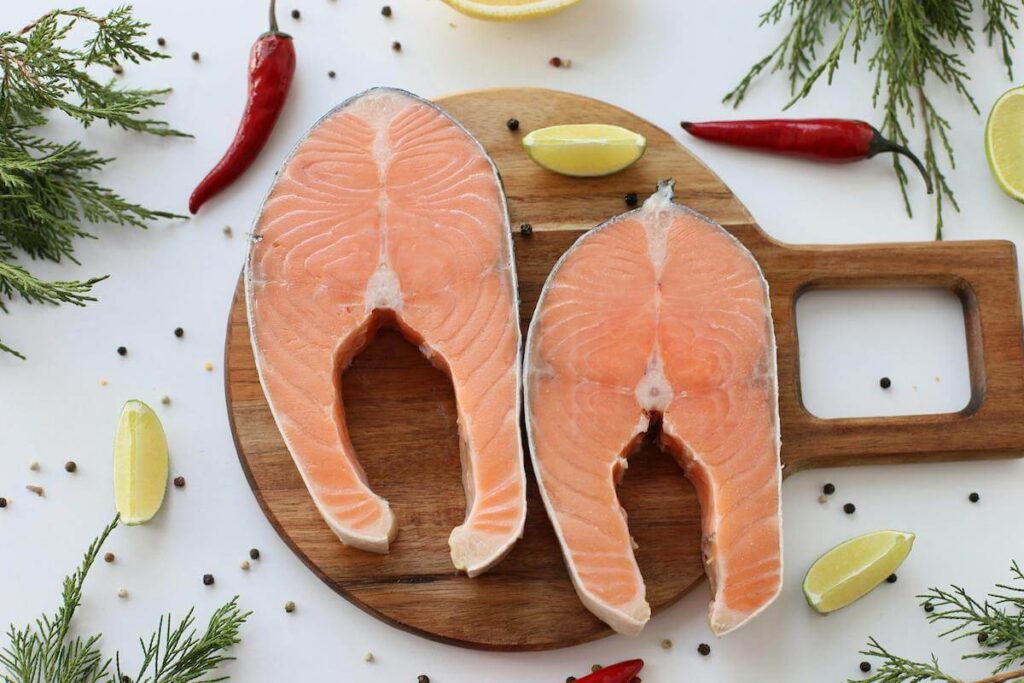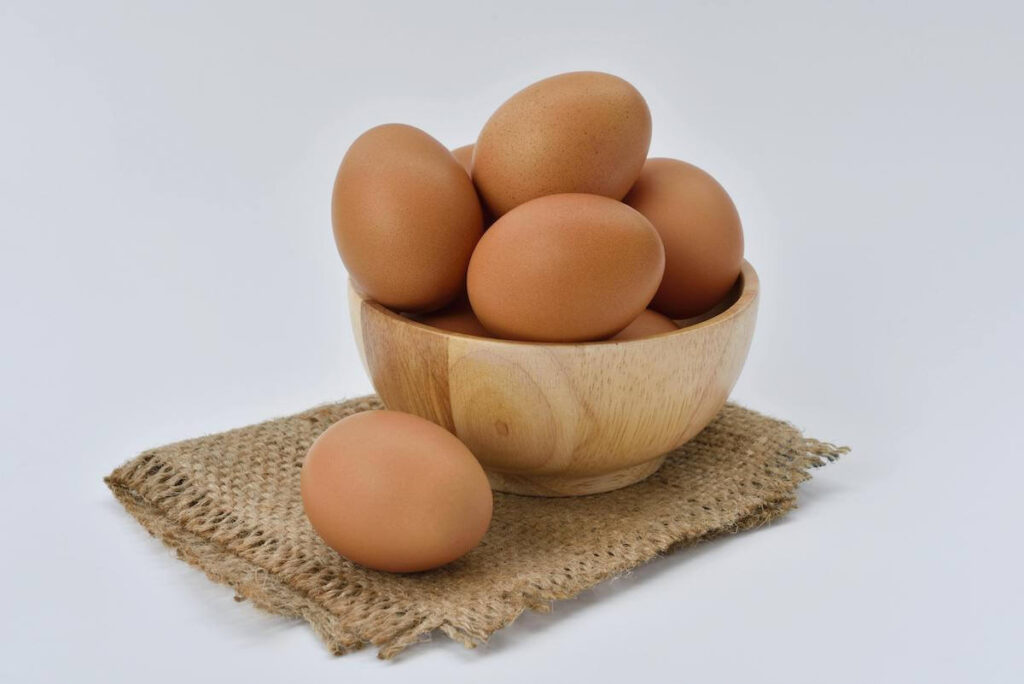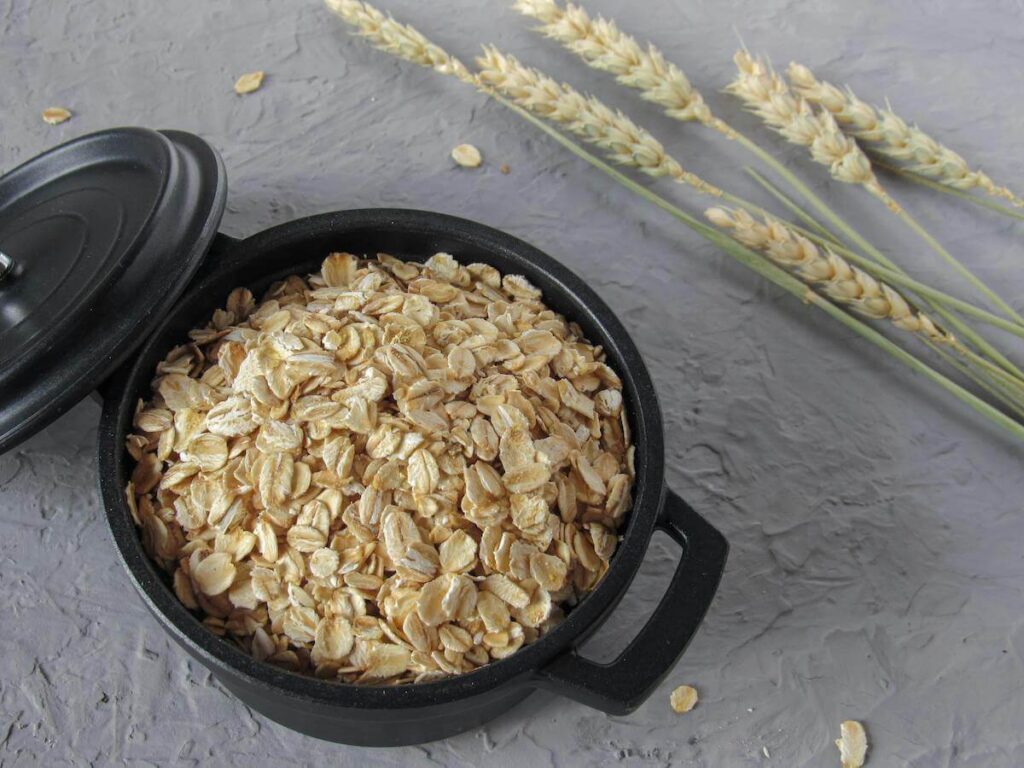As we age, our bodies go through a variety of changes, from slower metabolism to reduced muscle mass and bone density. While these changes are a natural part of aging, making thoughtful nutritional choices can play a crucial role in promoting healthy aging, improving quality of life, and preventing chronic diseases.
Let’s explore some of the key nutrients and dietary habits that support the aging process and help maintain overall wellness.
Protein for Muscle Health
With age, we tend to lose muscle mass—a condition known as sarcopenia—which can lead to weakness, reduced mobility, and a higher risk of falls. To counteract this, it’s essential to include enough protein in your diet. Protein helps repair and build muscle tissue, which is especially important for maintaining strength and independence as you age.
Good sources of protein include: Nutes and seeds, lean meats like chicken and turkey, fish and seafood, eggs, beans, lentils, and legumes, and dairy products like yogurt and cheese.
A well-balanced diet that includes sufficient protein can slow down muscle loss and keep you feeling strong.

Calcium and Vitamin D for Bone Health
Bone density naturally decreases with age, increasing the risk of osteoporosis and fractures. Calcium and vitamin D are two nutrients that work together to maintain strong bones. Calcium supports the structural integrity of your bones, while vitamin D aids in calcium absorption.
To boost your calcium intake, consider: Dairy products like milk, cheese, and yogurt, leafy greens like spinach, and collard greens, and calcium-fortified foods like plant-based milk.
Vitamin D can be obtained through exposure to sunlight, but as we age, our skin becomes less efficient at producing it. Therefore, foods rich in vitamin D, such as fatty fish and eggs, are essential.

Antioxidants for Cellular Health
Oxidative stress, which results from an imbalance between free radicals and antioxidants, contributes to aging and the development of chronic conditions like heart disease and Alzheimer’s.
Antioxidants neutralize free radicals and can protect the body from cellular damage.
To support healthy aging incorporate antioxidant-rich foods such as: Berries, dark leafy greens, nuts and green tea. These foods can reduce inflammation, enhance brain function, and promote heart health.

Fiber for Digestive Health
Our digestive systems can become less efficient as we age. And this can lead to constipation or other gastrointestinal issues. A high-fiber diet helps regulate digestion and maintain gut health, reducing the risk of problems like diverticulosis and colon cancer.
Great sources of fiber include: Whole grains, fruits like apples, pears, and berries, vegetables such as broccoli, carrots, and brussels sprouts,beans, lentils, and peas. Drinking plenty of water along with fiber-rich foods will also promote optimal digestion.

Hydration for Vitality
Dehydration is a common issue among older adults, often due to a reduced sense of thirst. Staying properly hydrated is essential for overall health, as it supports digestion, joint function, and temperature regulation. Aim to drink at least 6-8 glasses of water a day, and include hydrating foods like watermelon, cucumbers, and oranges in your diet

The aging process is inevitable, but adopting a nutrient-rich diet can make a world of difference in how we experience it. Whether you are making choices for yourself or for an older person under your care, remember, healthy aging starts with the decisions you make today. So nourish your body, stay active, and embrace your golden years to the fullest!
Contact Nutrition by NW for more information on healthy aging.

